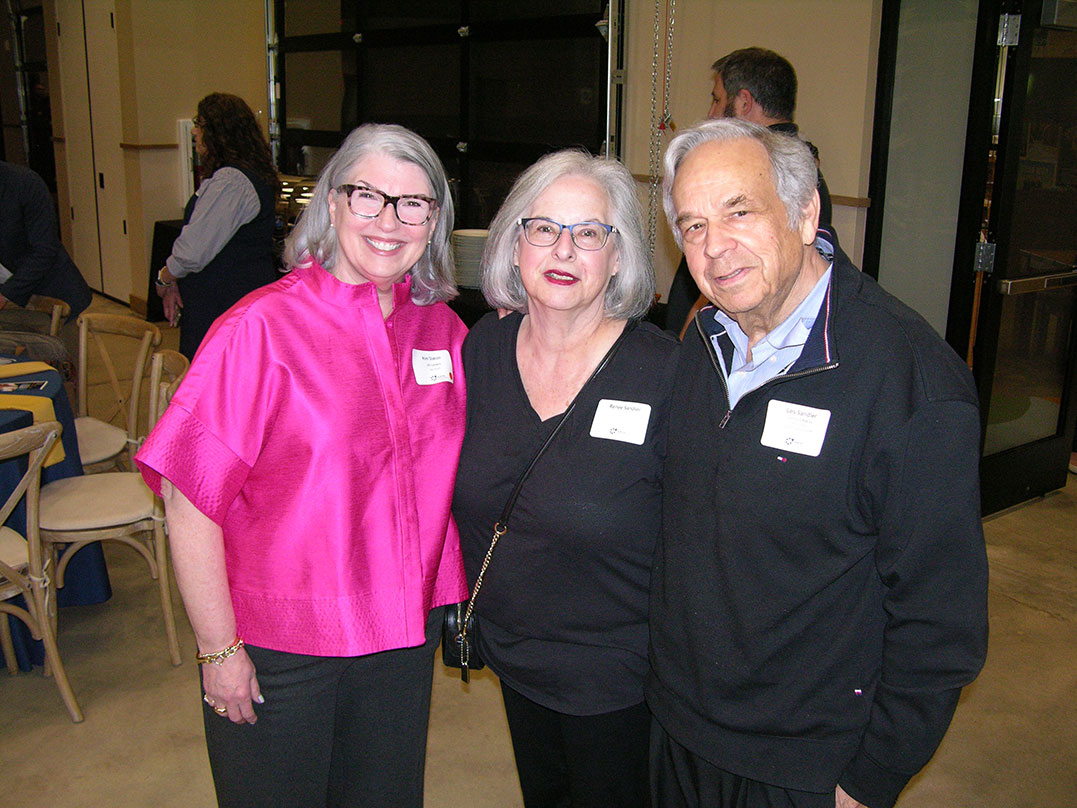By Melissa Hunter
Assistant Editor
In 2022, Hebrew Union College- Jewish Institute of Religion (HUC-JIR) voted to stop ordaining rabbis in Cincinnati as part of a consolidation plan. Now, two years later, the nonprofit College for Contemporary Judasim is considering a new Jewish seminary to compete against the historic school. “The city of Cincinnati is going to lose a lot by the absence of a rabbinical school here,” Andy Berger, a local Cincinnati attorney who serves as chair for the College for Contemporary Judaism, said in a recent statement to WCPO news in Cincinnati. “Rabbinical students and faculty have been active in the Jewish community here. They’ve been out teaching in synagogues, teaching adult education. They’ve been in social service agencies here. People have been involved in interfaith relations with the Christian, Muslim (and) other communities in Cincinnati. And that’s going to be lost.”
The closure of the HUC-JIR campus in Cincinnati will create a significant void in the heartland of the United States, specifically in the Great Lakes Megalopolis. This region, known for its rich history of Jewish life and vibrant communities, has thrived due to the 150-year presence of rabbinic leadership. Most seminary graduates remain close to their seminaries because of the internships and connections they make in the regional communities. Without a seminary in the Midwest, there will be a significant gap in the region.
“Today, we are not ordaining enough rabbis to meet the needs of Jewish communities,” Mollie Newman, spokesperson for the new organization, said in regards to the rabbi shortage. “With many Baby Boomer rabbis about to retire, the United States as a whole is facing a severe shortage. This shortage will be even more acutely felt in the heartland. Without a seminary in the region, the problem will be exacerbated, leaving Jewish communities without the essential leadership needed to maintain their vibrancy and engagement. Ensuring a strong rabbinic presence is essential to preserving our rich heritage and meeting the future needs of Jewish communities in this critical region.
“Within the Reform movement, there is a need for twice as many rabbis as we are currently ordaining,” Newman stated. “We are seeing the same trend with the Conservative seminaries, highlighting the urgency of addressing this issue.”
The Atra Rabbi Experience Research, published in March 2023, reported that 91% of participants from all age groups said that positive interactions with rabbis made them feel more connected to their Judaism.
Positive interactions with rabbis increase feelings of Jewish identity, spiritual connection, and confidence, which is vital for the sustainability of Jewish life. Ensuring that Jewish communities in the Midwest continue to thrive requires a commitment to innovative and effective rabbinic leadership.
The loss of HUC-JIR in Cincinnati will significantly impact the region. For 150 years, this seminary has contributed to the vibrancy of Jewish life in the heart of the Great Lakes Megalopolis. The increased cost of living at the remaining campuses in New York City, Los Angeles, and Jerusalem poses an additional burden to many potential local rabbinical students, who may already be deterred by the prospect of relocating far from home. “Without a regional seminary, these costs become even more prohibitive for students from the heartland,” Newman explained. “Most graduates from coastal seminaries remain (in that region) because of the internships and career opportunities available there. It is crucial to have a regional seminary that can address these unique challenges and ensure that the Jewish communities in the heartland receive the leadership and support they need to thrive.”
As reported in the Jewish News Syndicate (JNS), HUC graduate Micah Greenstein, senior rabbi at Temple Israel in Memphis, Tenn., said, “Cincinnati is the mothership for the Reform movement. It has the signatures of some of the greatest scholars of all time.”
Greenstein warned that the number of new rabbis coming out of synagogues was “a crisis,” not certainly high enough to replace the older generation retiring.
“There’s no plan for the training of highly skilled and effective rabbis for America’s Jewish future,” he said.
This is why the need for the College for Contemporary Judaism is so relevant. Although it remains a fledgling effort, the new proposed college has spent more than $89,000 on “formation activities” and “feasibility assessments,” according to its tax return for the year ending last June. According to the WCPO article, “The organization’s purpose will be to ‘promote the academically rigorous study of the Jewish religion, history, texts and literature” and ‘train persons for the Jewish ministry, research, and community service.”
The American Israelite is in contact with the principle players of this story. More information will be forthcoming in future issues.





